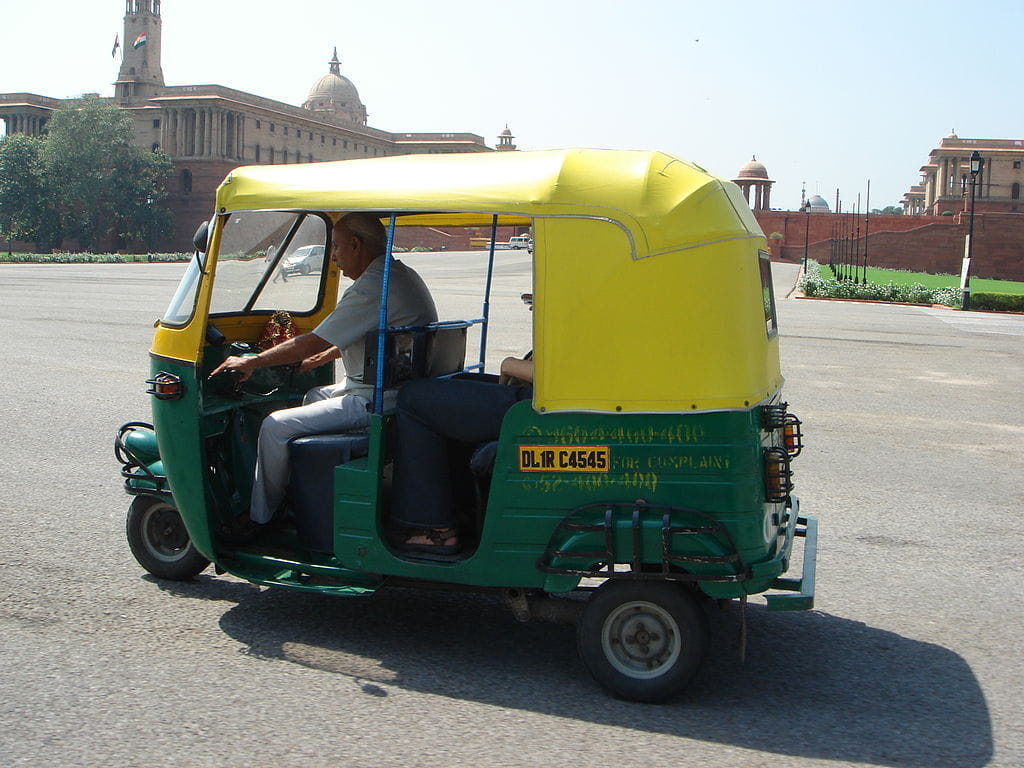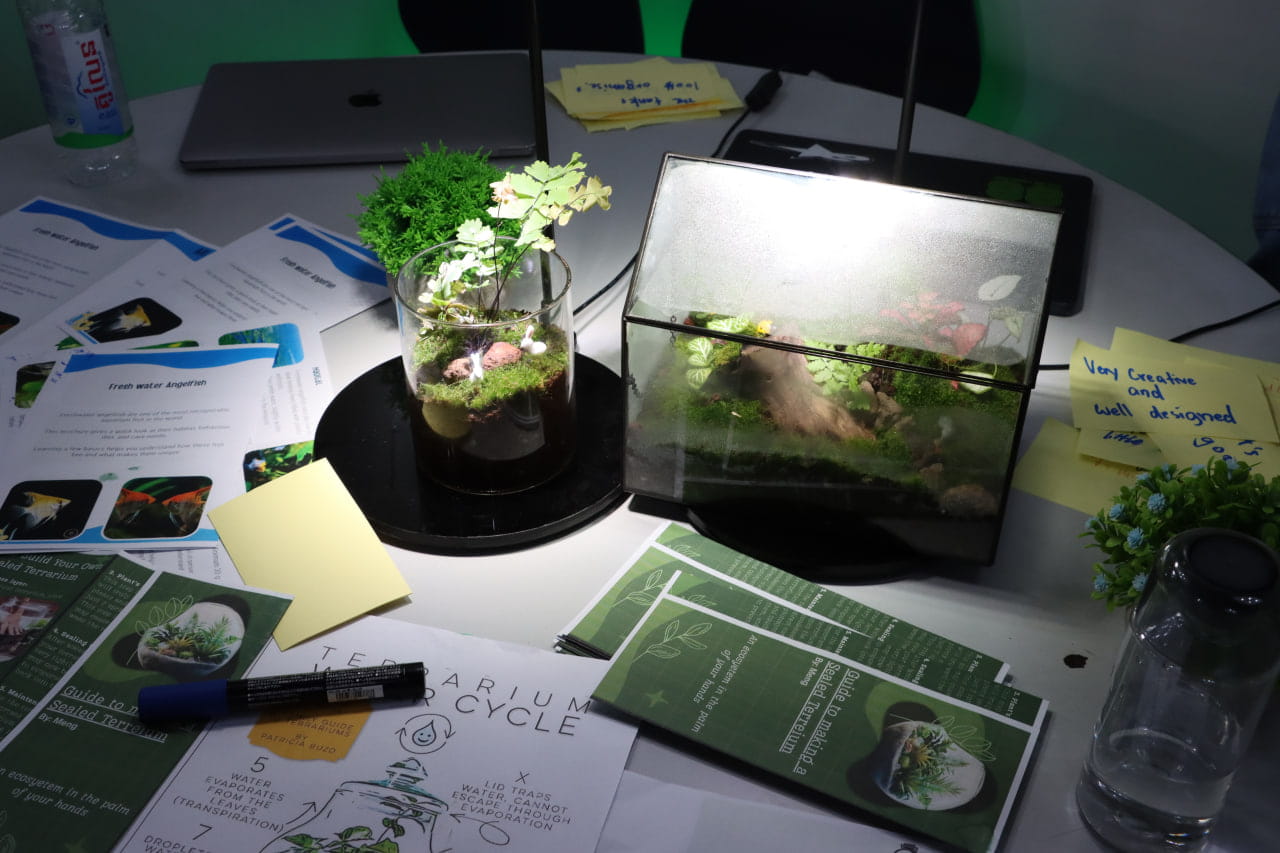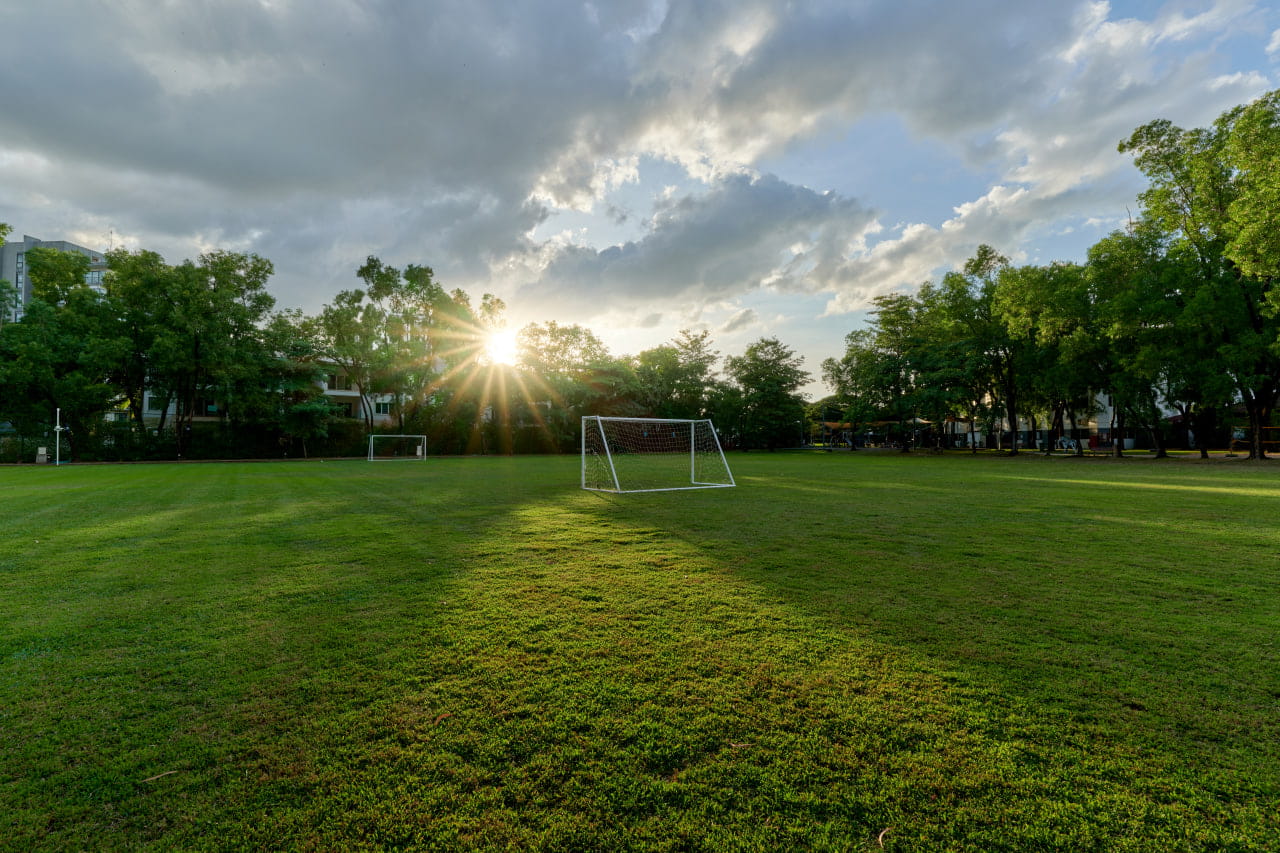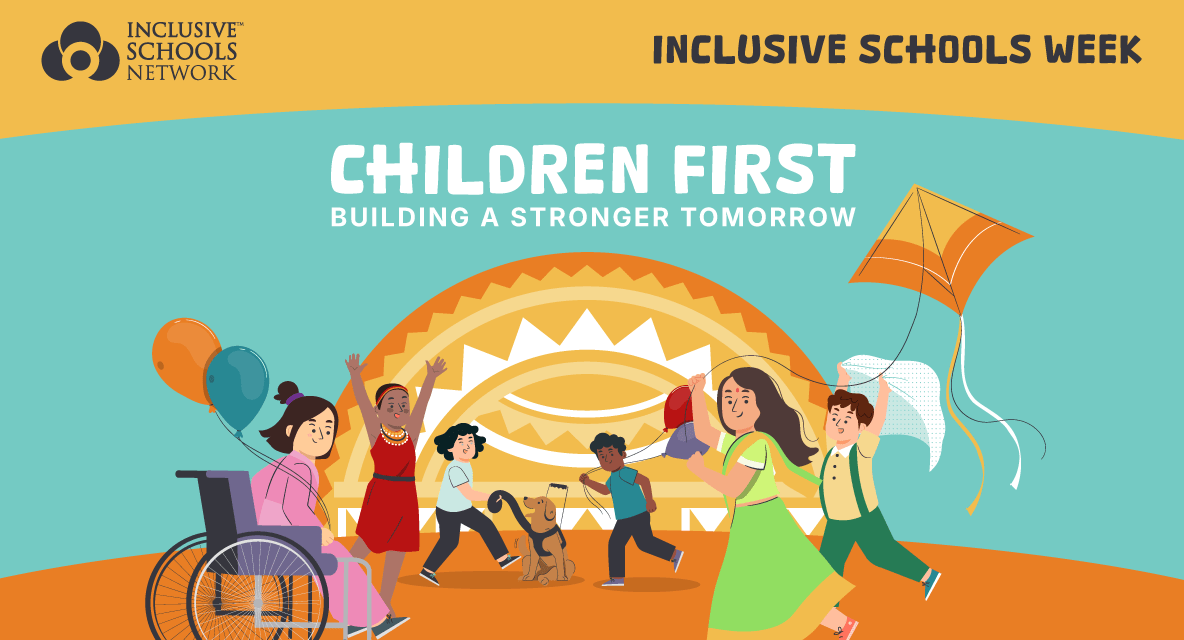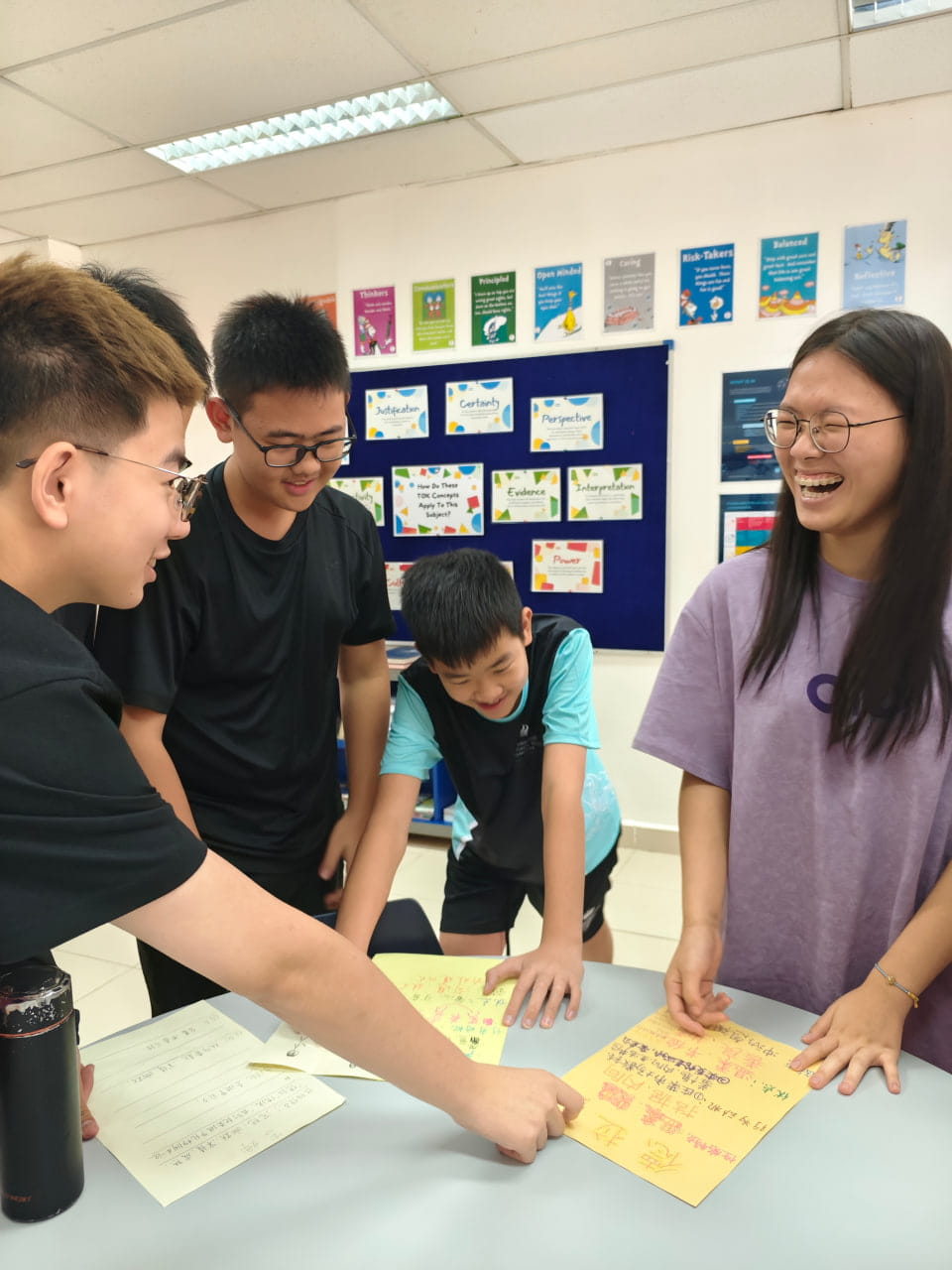What’s going on in Grade 11 Business & Economics lessons at Northbridge? This year the Grade 11 Economics students at Northbridge International School Cambodia are studying the new version of the DP Economics course, which has a greater focus on student investigation of real world case studies. During this week’s classes, students are starting to investigate how the decisions of producers and consumers can affect society, and how governments can intervene to either encourage this activity if it is positive, or discourage it if those effects are negative.
This year the Grade 11 Economics students at Northbridge International School Cambodia are studying the new version of the DP Economics course, which has a greater focus on student investigation of real world case studies. During this week’s classes, students are starting to investigate how the decisions of producers and consumers can affect society, and how governments can intervene to either encourage this activity if it is positive, or discourage it if those effects are negative.
Our internationally-minded students started the week by considering common pool resources, which refers to things like the air, sea and forests - things for which their use by others can compromise our own enjoyment of these resources. They considered a case study of particular relevance to Cambodia when looking at how auto-rickshaws (tuk tuks) are contributing significantly to air pollution in India and how the government is intervening in this market to encourage the use of a substitute (e-rickshaws) to encourage individuals to move away from the classic kerosene/diesel-powered models.
Towards the end of the week, students focused on the various arguments for and against such policies, which is essential in developing critical thinkers within the DP program. There are many examples of governments around the world rising to the challenge of climate change and air pollution and it is important that, as we develop future leaders in our school, students are equipped to deal with the big challenges facing the world at the moment.
However, in the short term at least, there is no greater challenge for businesses at the moment than COVID-19, which is presenting significant economic challenges to business. This is an example of an external factor that any business strategising at the moment would have to take into consideration as part of a growth or survival strategy.
Over the last two weeks, Grade 11 Business Management students have been learning about the seven categories of external factors that are generally considered by businesses when developing strategies based on a STEEPLE analysis, in which Social, Technological, Economic, Environmental, Political, Legal and Ethical factors are considered. Students collaborated in groups of 4 to conduct STEEPLE analyses of seven different real-world businesses in order to then consider a given strategic decision.
Throughout these presentations, students have developed the research skills to develop presentations on business issues using technology (Google Meet and Google Slides), which is excellent preparation for the real world as we see changes in working norms in related professions. Students are also developing as thinkers so that, combined with the skills that they develop on our programs, they are ready to take on 21st century challenges.
As they progress through this year, our Business Management students will study Marketing and Finance, considering how businesses can remain competitive in terms of the products and services they offer in light of current economic conditions, whilst also managing their finances sustainably. After our current Market Failure unit, our Economists will be focusing on learning to apply economic models of national (macro) economics to the real world and how governments can intervene in national economies to stimulate economic growth in ways that have the greatest impact, whilst also having a plan to manage extreme levels of public sector debt.


